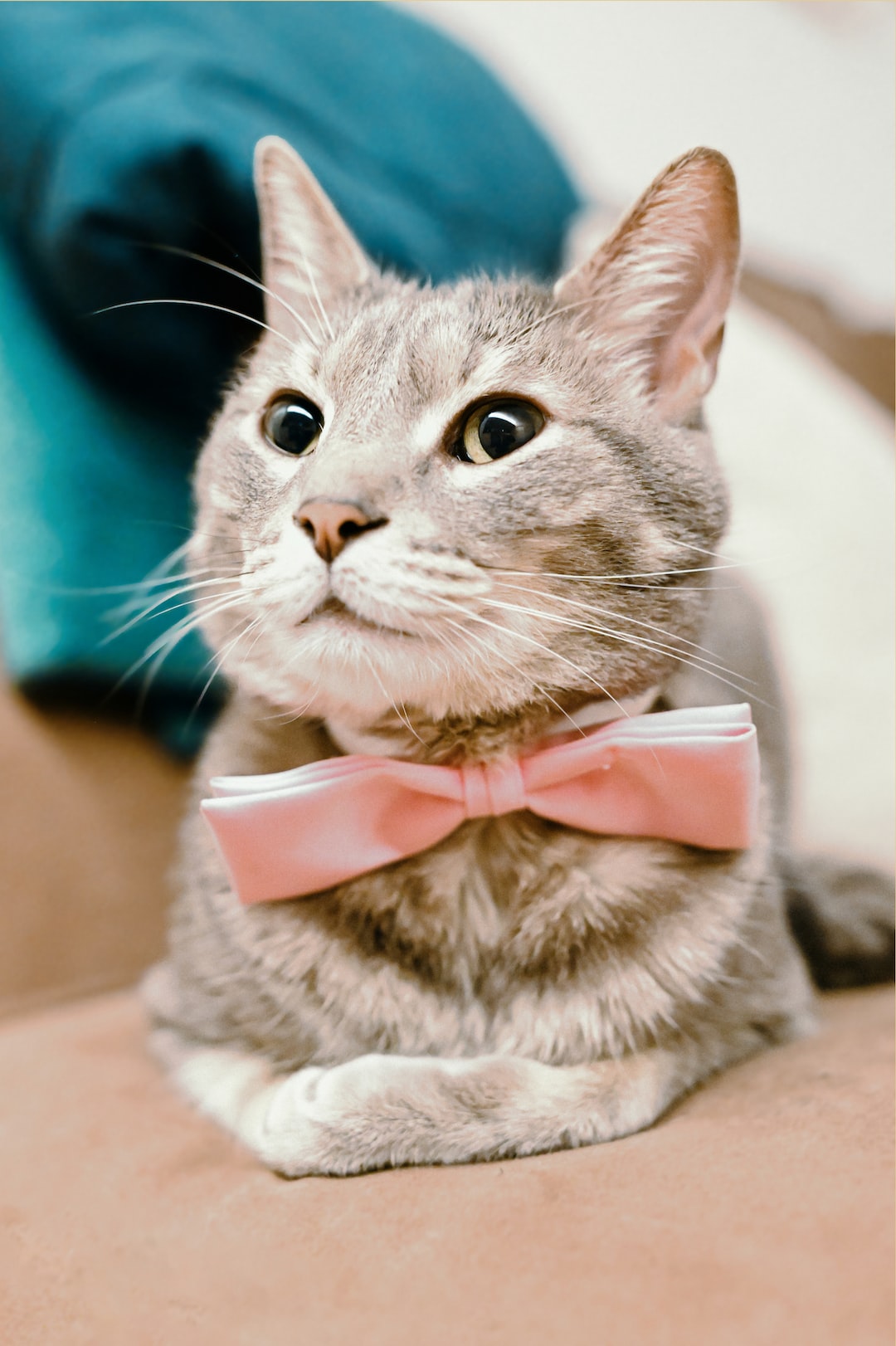As our pets age, their nutritional needs change just like ours do. Understanding and meeting the nutritional needs of senior pets is crucial for their overall health and well-being. In this blog post, we will delve into the importance of proper nutrition for senior pets and provide some tips on how to meet their unique needs.
One of the most important factors to consider for senior pets is their metabolism. As pets age, their metabolism slows down, leading to a decrease in their overall energy requirements. This means that they need fewer calories to maintain a healthy weight. Feeding them the same amount of food as they were given during their younger years can lead to weight gain and obesity, which can further contribute to various health issues.
Another key area to focus on is joint health. Many senior pets suffer from arthritis or other joint-related problems due to the normal wear and tear that their bodies have undergone over the years. Providing them with a balanced diet that includes essential fatty acids, glucosamine, and chondroitin can help support their joint health and mobility.
Dental health is another crucial aspect that should not be overlooked. As pets age, their teeth become more susceptible to decay and dental diseases. Switching to a softer diet or incorporating dental chews can help keep their teeth and gums healthy. Regular dental check-ups with your veterinarian are also important to catch any oral health issues early on.
Furthermore, senior pets are more prone to certain health conditions such as kidney disease, heart disease, and diabetes. These conditions require specific dietary considerations. For instance, pets with kidney disease may require a diet that is low in phosphorus and protein, while those with heart disease may benefit from a reduced sodium diet. Consulting with your veterinarian is essential to determine the appropriate diet for your senior pet if they suffer from any specific health conditions.
When it comes to choosing the right food for your senior pet, opt for high-quality, balanced diets that are specifically formulated for their age group. These diets are designed to meet their unique nutritional needs and usually contain added supplements to support their overall health.
In addition to a nutritious diet, regular exercise is crucial for senior pets to maintain muscle tone and a healthy weight. Adjust the intensity and duration of their exercise routine to ensure it is appropriate for their age and any potential health concerns.
Finally, always keep an eye on your senior pet’s weight, body condition, and overall health. Regular veterinary check-ups can help catch any issues or nutritional deficiencies early on.
Understanding the nutritional needs of senior pets is essential for their overall well-being. By providing them with a balanced diet, maintaining their dental health, and addressing any specific health conditions, we can ensure they live their golden years in good health and comfort. Remember, proper nutrition is the key to keeping our senior pets happy and healthy for as long as possible.
